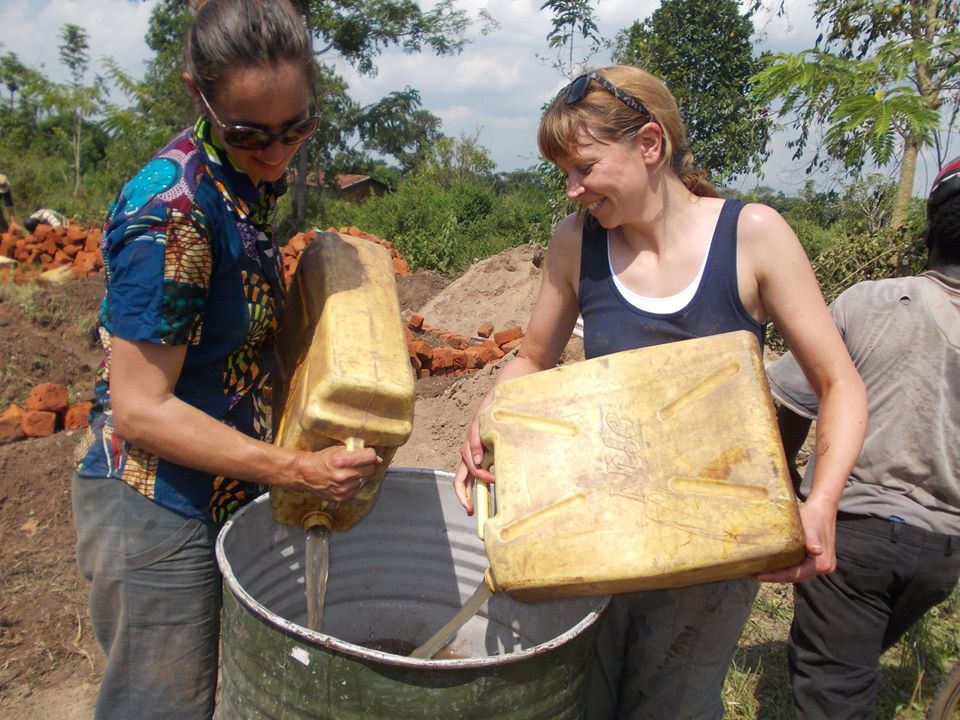Volunteering either through individual or group action is away in which: human values of community,
caring and serving can be sustained and strengthened it is a fundamental building block of civil society. It
brings to life the noble aspirations of human kind, the pursuit of peace, freedom, opportunity, safety.
For every reason a person volunteers, there is a need associated and to effectively convey gratitude, it is
necessary to determine what everyone’s distinct need is. Everyone has a button that can be pushed and the
issue is intriguing each potential volunteer so they will become ebullient in a distinct way. These
necessities include, an agency that has a stimulating mission has a good reputation, is effective at what it
does, is financially secure, and makes them feel needed and valuable. A program that successfully attracts
and retains volunteers reduces the number of people entering and exiting through a revolving door, saves
volunteer leaders from the incessant undertaking of filling roles, and offers gratifying and enduring
volunteer experiences.
There are several factors relating to peoples’ motives for volunteering, which included the following:
a) Serves as a groundwork for employment
b) Presents a reward for displeasing employment
c) Offers opportunities to meet people and build relationships
d) Provides opportunity for personal growth, development, and recognition
Maxwell (1993) addressed factors associated with the motivation of volunteers. When people are
involved in creating something, they will support it because they have an investment in the issue, which
can be referred to as goal participation. Displeased volunteers are eager or inspired to make an immediate
change; also known as positive dissatisfaction.
“Potential board members, volunteers, and staff who feel their skills and passion will be put to good use
will be inclined to contribute their efforts to a successful non-profit, advancing their active participation in
the community while benefiting your non-profit and its mission” (LaPiana & Hayes, 2005, p. 42). These
authors also discussed that some competitive challenges distinctive to these organizations include the
following: community involvement, mission, and public perception. It is essential to keep these elements
in mind regarding attracting, motivating, and retaining volunteers.
Significant contributions, goal participation, positive dissatisfaction, recognition, and clear expectations
also motivate people to engage in volunteer work. People may be interested in volunteering based on
altruistic or instrumental motives. Furthermore, some people are inspired to engage in volunteer roles
because of ethical motives such as a desire to help others, religious beliefs, believe it is a social duty, or
help themselves feel better. Others with influential reasons may want to prepare for employment
opportunities, better use free time, interact with others, gain experience in a field, or help with displeasing
employment issues. They also explained that when volunteers work in an encouraging environment,
recognize efforts, and work to maintain positive relationships, they are more likely to remain engaged.
Other reasons that motivate people to engage in volunteer capacities include significant contributions,
goal participation, positive dissatisfaction, recognition, and clear expectations.
When it is appropriate for volunteers to assist in recruiting other volunteers, Retention can be positively impacted. Furthermore,
when volunteers represent an organization, this indicates trust, a confident organizational culture, and
assurance that the agency offers a worthwhile experience for the volunteers. Fisher and Cole (1993)
explained that psychological needs can impact a person’ interest and decision to volunteer. An
environment can influence the choice to continue volunteering. Hager and Brudney (2004) explained that
age can be a factor in volunteer engagement and commitment. They continued to discuss that people
under age 24 are known to have lower retention rates and are less likely to sustain relationships compared
to older volunteers. Due to the substantial preparation and consideration associated with a person’s
decision to volunteer suggests that individual needs are essential foundations of volunteer motivation
(Dwyer, et al., 2013).
This involves determining where people fit, how their abilities can be put to proper use, and then provides
them with the tools needed to adequately perform their roles. Volunteers are more likely to remain
engaged when they have the resources needed to successfully perform their position, have a clear
understanding of expectations, are interviewed, and reasonably placed in their appointment.
In conclusion People engage in volunteer capacities because they care; therefore, it is essential to provide
them with opportunities to contribute as much as they can.


